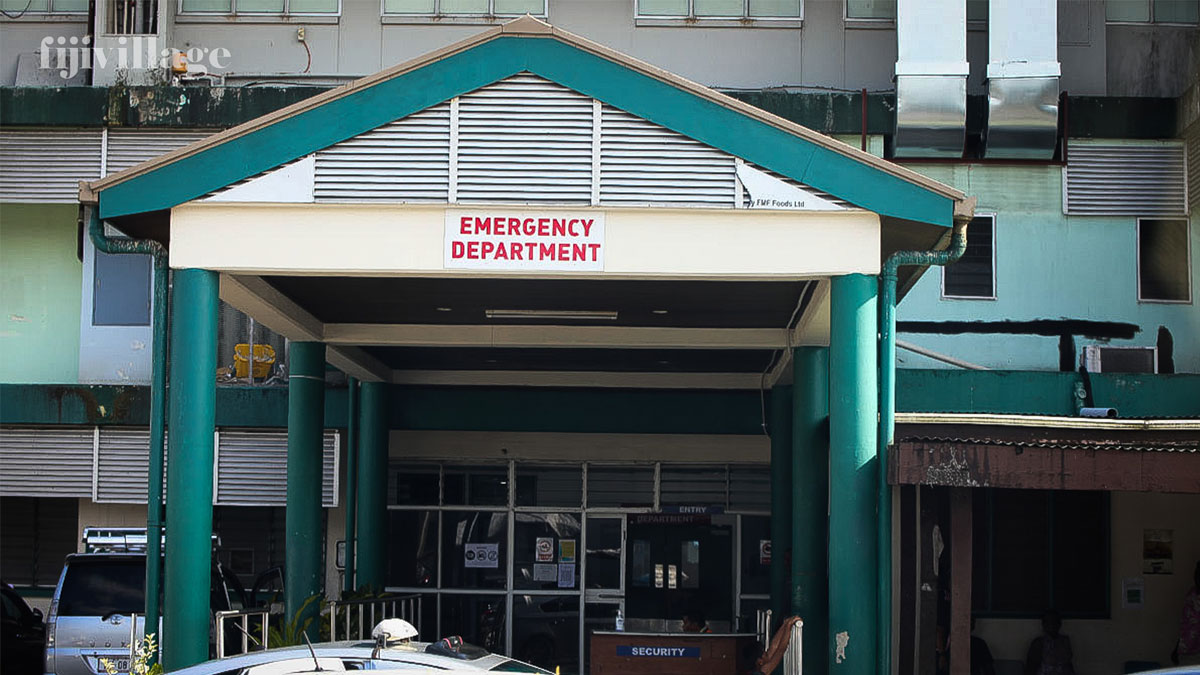
As the nation is facing a protracted health worker shortage and is experiencing difficulty with staff retention, the situation has exacerbated the impacts of climate change events, which places additional demands on the workforce.
This has been highlighted in the Fiji Health Adaptation Plan which says improving the human resources for health is a multi-faceted problem which will be addressed by the Health Ministry through multi-dimensional approaches.
It say solutions currently under consideration include raising the retirement age for some cadres of health professionals, redeployment to high-need areas, and increasing the intake of health professional students.
According to the plan, while remuneration of staff remains an important concern, Ministry staff surveys have identified that working conditions (infrastructure maintenance and improvement) and continuous professional development are high rated concerns.
It says the issue of professional development can be addressed through enhanced delivery of in-service training, upskilling through short courses (such as postgraduate certificates) and a specialisation framework for different health professions (particularly nurses).
The plan further says the Fijian health system has established an effective allocation of roles and responsibilities for the management of environmentally determined and climate-sensitive health conditions down to the Divisional and Sub-divisional levels.
It says the strengths of this approach are apparent before, during, and after responses to outbreaks of climate-sensitive infectious diseases, which involve clinical and para-clinical staff (such as nurses, doctors laboratory technicians, and managers) as well as non-clinical staff (such as environmental health officers, building maintenance staff and community health workers).
The Health Adaptation Plan says the National Disaster Management Office was noted to have delivered effective training following Tropical Cyclone Winston on disaster risk management; however, such efforts have been followed by only ad hoc and episodic capacity building of the health workforce.
According to the plan, there has been a longstanding commitment to delivering climate change education by some (but not all) institutions that train health professionals, such as at the College of Medicine, Nursing and Health Sciences at Fiji National University.
It adds there is considerable scope to strengthen and join up these efforts.
Stay tuned for the latest news on our radio stations


